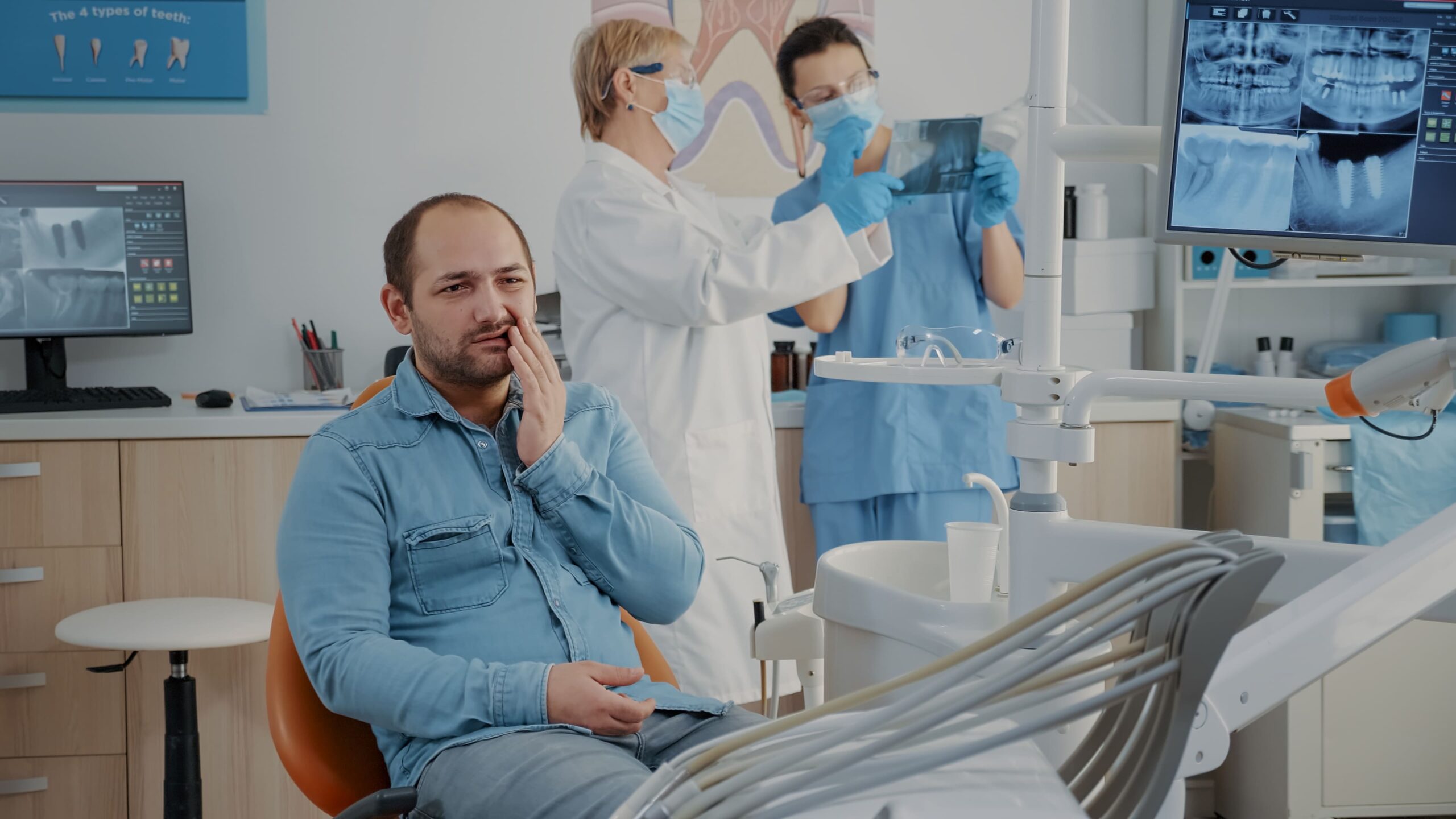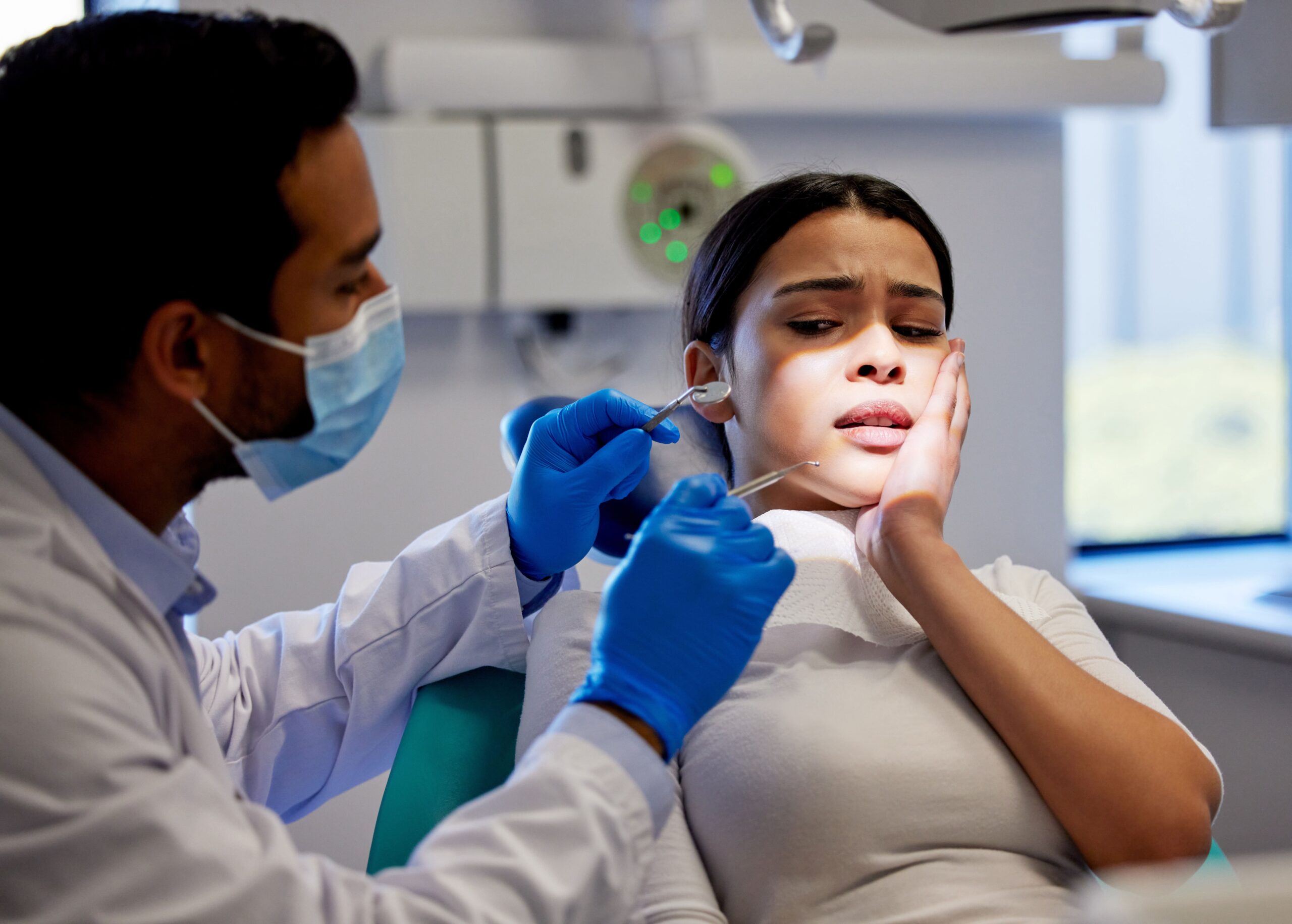Saliva is often an unsung hero when it comes to oral health. This clear, watery…

The Five Most Common Oral Surgery Issues and Their Treatment
Are you experiencing dental issues requiring surgery? If so, you are not alone. Oral surgery is one of the most common procedures in dentistry, with many people needing to visit an oral surgeon every year. In this blog post, we will look at the five most common oral surgery issues and explain what treatment options are available. From wisdom teeth removal to corrective jaw surgery, we will cover what patients can expect from their oral surgeon when it comes to these common dental issues. So if you are in need of oral surgery, read on and find out how you can get the best care possible.
Extraction (Tooth Removal)
Tooth extraction is a common oral surgery treatment that may be necessary for various reasons. Whether it’s due to severe decay, infection, or overcrowding, sometimes a tooth needs to be removed to prevent further dental issues. While the thought of having a tooth extracted may sound intimidating, rest assured that oral surgeons are highly skilled and experienced in performing this procedure.
During a tooth extraction, the oral surgeon will first administer local anesthesia to ensure your comfort throughout the procedure. They will then carefully remove the tooth from its socket, using specialized tools to gently loosen and extract it. In some cases, a surgical extraction may be required if the tooth is impacted or has not fully erupted.
After the extraction, the oral surgeon will provide instructions for post-operative care, which may include taking pain medication, applying ice packs to reduce swelling, and eating soft foods for a few days. It’s important to follow these instructions to promote proper healing and minimize any discomfort.
While losing a tooth can be a significant change, there are various options available to replace it, such as dental implants, bridges, or dentures. Your oral surgeon can discuss these options with you and help you determine the best solution for restoring your smile and maintaining your oral health.
If you require a tooth extraction, it’s essential to consult with an experienced oral surgeon who can assess your specific situation and provide the appropriate treatment. Remember, tooth extraction is a common procedure performed by oral surgeons, and they will ensure you receive the best care possible throughout the process. Get in touch with the oral surgery professionals at the Center for Restorative, Cosmetic, and Implant Dentistry (CRCID) today.
Wisdom teeth extraction
Wisdom teeth removal is another common oral surgery treatment that many people will face at some point in their lives. These third molars, also known as wisdom teeth, often emerge in late adolescence or early adulthood and can cause a host of problems. Because the human jaw has evolved to be smaller over time, wisdom teeth often don’t have enough room to properly erupt, leading to impaction, overcrowding, and misalignment. This can result in severe dental issues, including pain, infection, and damage to surrounding teeth.
To address these problems, oral surgeons often recommend removing the wisdom teeth. The procedure typically involves administering anesthesia to ensure the patient’s comfort, and then surgically extracting the affected teeth. Depending on the specific case, the extraction may be simple or require a more complex surgical approach. Your oral surgeon will assess your situation and determine the best course of action for you.
Recovery from wisdom teeth removal can vary from person to person, but most patients experience some swelling and discomfort for a few days. Following the oral surgeon’s post-operative instructions is crucial for proper healing and minimizing any complications. They may advise taking pain medication, applying ice packs, and sticking to a soft food diet during the recovery period.
By addressing wisdom teeth issues through removal, patients can prevent further dental problems and improve their overall oral health. If you’re experiencing pain or discomfort from your wisdom teeth, it’s essential to consult with an experienced oral surgeon at CRCID who can provide the necessary treatment and help you maintain a healthy smile.
Implants
If you have missing teeth or severe dental issues, dental implants may be the perfect solution for you. Dental implants are a popular and effective way to replace missing teeth and restore your smile. Unlike other tooth replacement options like bridges or dentures, dental implants are designed to look and feel just like natural teeth.
The process of getting dental implants involves surgically placing a titanium post into the jawbone to serve as a sturdy foundation for the replacement tooth. This post acts as a root for the artificial tooth, ensuring stability and longevity. Once the post has fused with the jawbone, an abutment is attached, and a custom-made crown is placed on top, creating a seamless and natural-looking tooth.
Dental implants not only improve your appearance but also provide numerous functional benefits. They can help you regain the ability to eat and speak properly, as well as prevent the surrounding teeth from shifting or becoming damaged due to the gap.
The experienced oral surgery team at the Center for Restorative, Cosmetic, and Implant Dentistry are dedicated to ensuring the best possible outcome for patients. We will evaluate your oral health, discuss the treatment options available, and create a personalized plan tailored to your specific needs. With dental implants, you can regain your smile, confidence, and the ability to enjoy life without worrying about your teeth.
Orthognathic (Jaw) Surgery
Jaw surgery, also known as orthognathic surgery, is a procedure that is performed to correct severe jaw irregularities and misalignments. While many dental issues can be treated with less invasive procedures, there are cases where jaw surgery is necessary to improve a patient’s oral health and overall well-being.
Jaw surgery is often recommended for individuals with significant jaw discrepancies, such as a protruding or receding jaw, open bite, crossbite, or severe malocclusion. These conditions can cause difficulties with biting, chewing, speaking, and even breathing. Additionally, they can impact a person’s facial aesthetics and self-confidence.
During jaw surgery, an oral surgeon will work in close collaboration with an orthodontist to determine the best course of action. The procedure typically involves repositioning the jawbones and realigning the teeth to achieve optimal functional and aesthetic results. The surgeon will make precise incisions, reposition the jawbones, and secure them in their new position using plates, screws, or wires.
Recovering from jaw surgery can take several weeks to months, as it is a significant procedure. Patients can expect some swelling, discomfort, and limited jaw mobility during the initial recovery period. They will need to adhere to a soft food diet and practice diligent oral hygiene to promote healing.
Jaw surgery can be life-changing for individuals with severe jaw irregularities. It can improve their ability to chew and speak properly, enhance their facial balance and symmetry, and boost their self-esteem. If you are experiencing significant jaw issues, consult with an experienced oral surgeon who specializes in jaw surgery to discuss your options and create a personalized treatment plan.
TMJ Disorder Surgery
TMJ disorder, also known as temporomandibular joint disorder, can cause significant discomfort and affect your quality of life. If you are experiencing jaw pain, difficulty opening and closing your mouth, or clicking and popping sounds when you chew, you may be dealing with TMJ disorder. While non-surgical treatments such as physical therapy and medications can provide relief for some individuals, others may require surgery to address the underlying issue.
TMJ disorder surgery aims to correct any structural problems or abnormalities in the temporomandibular joint. During the procedure, an oral surgeon will make small incisions and access the joint to repair or replace damaged tissue or bone. They may remove any scar tissue, reposition the disc within the joint, or realign the jaw to improve its functionality.
Recovering from TMJ disorder surgery can take some time, as it is a significant procedure. You can expect some swelling, discomfort, and limited jaw mobility in the days and weeks following surgery. However, most patients experience significant improvement in their symptoms and a restoration of normal jaw function.
If you are struggling with TMJ disorder and conservative treatments have not provided relief, get in touch with the oral surgeons at the Center for Restorative, Cosmetic, and Implant Dentistry. They can assess your specific situation and determine if surgery is the right option for you. Remember, addressing TMJ disorder can alleviate your discomfort and help you regain a comfortable and pain-free life.


